Diskurse - Körper - Artefakte —— Historische Praxeologie in der Frühneuzeitforschung
----- 话语-人体制品:近代早期研究中的历史行为学
Starting from the thesis that the corporative, hierarchical, and God-given order into which one is born appears to be of little diagnostic use when trying to come to analytical and terminological grips with the societal dynamic of the early modern era, the contributions in this volume concern themselves with processes of self-education - e.g., as a Catholic, an entrepreneur, a scientist, a physician, or an art collector - from a praxeological perspective. They inquire as to how people on the one hand plan, locate, and find recognition in social practices, and on the other hand update and change cultural patterns of interpretation in carrying out social practices. The resulting tensions that until now have been inadequately described as a practical theory and mismatch are seen herein as fertile frictions that facilitate reflexivity and criticism and thus represent the prerequisite for social change.
{{comment.content}}


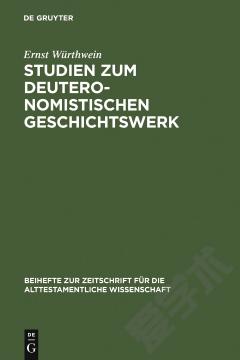
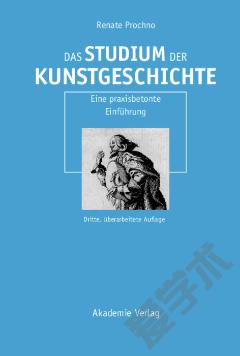
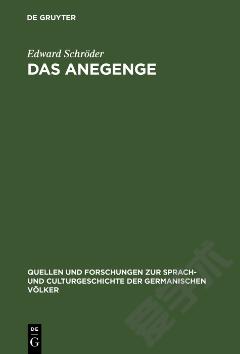
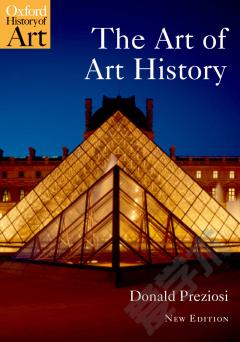
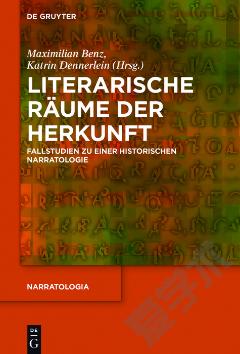

 京公网安备 11010802027623号
京公网安备 11010802027623号